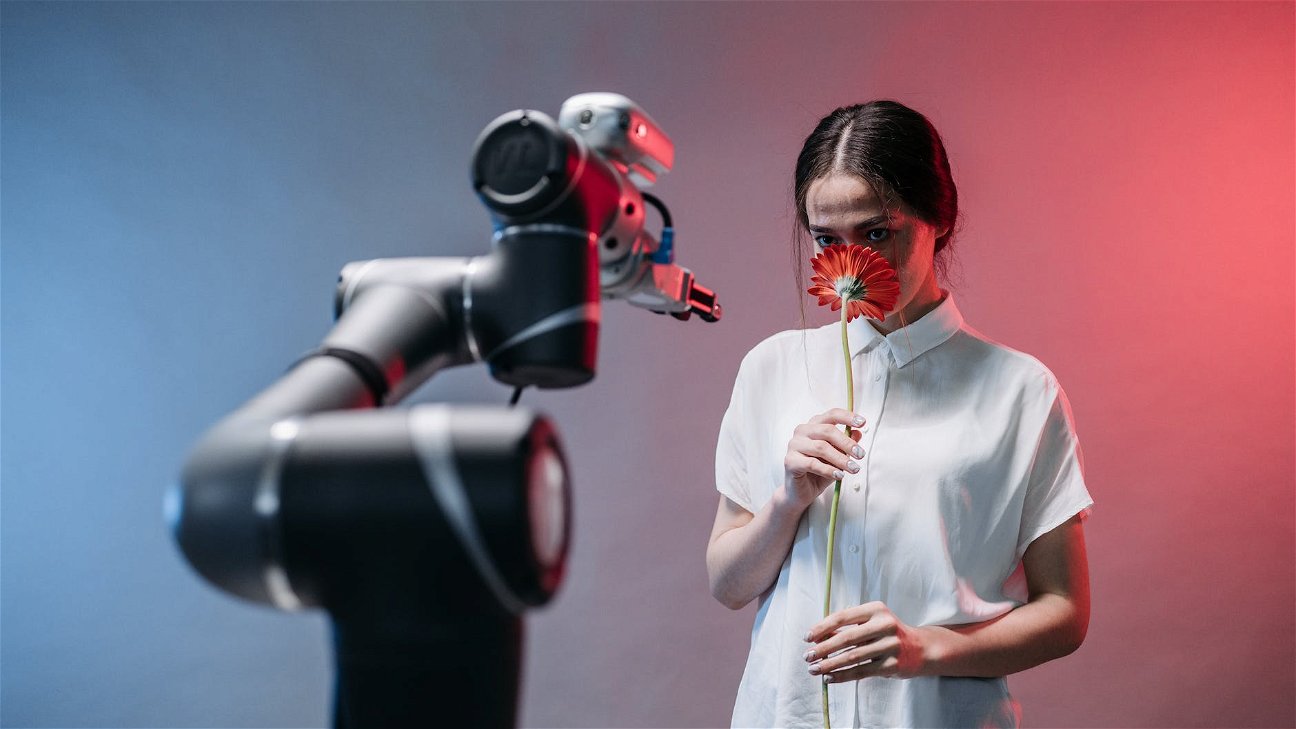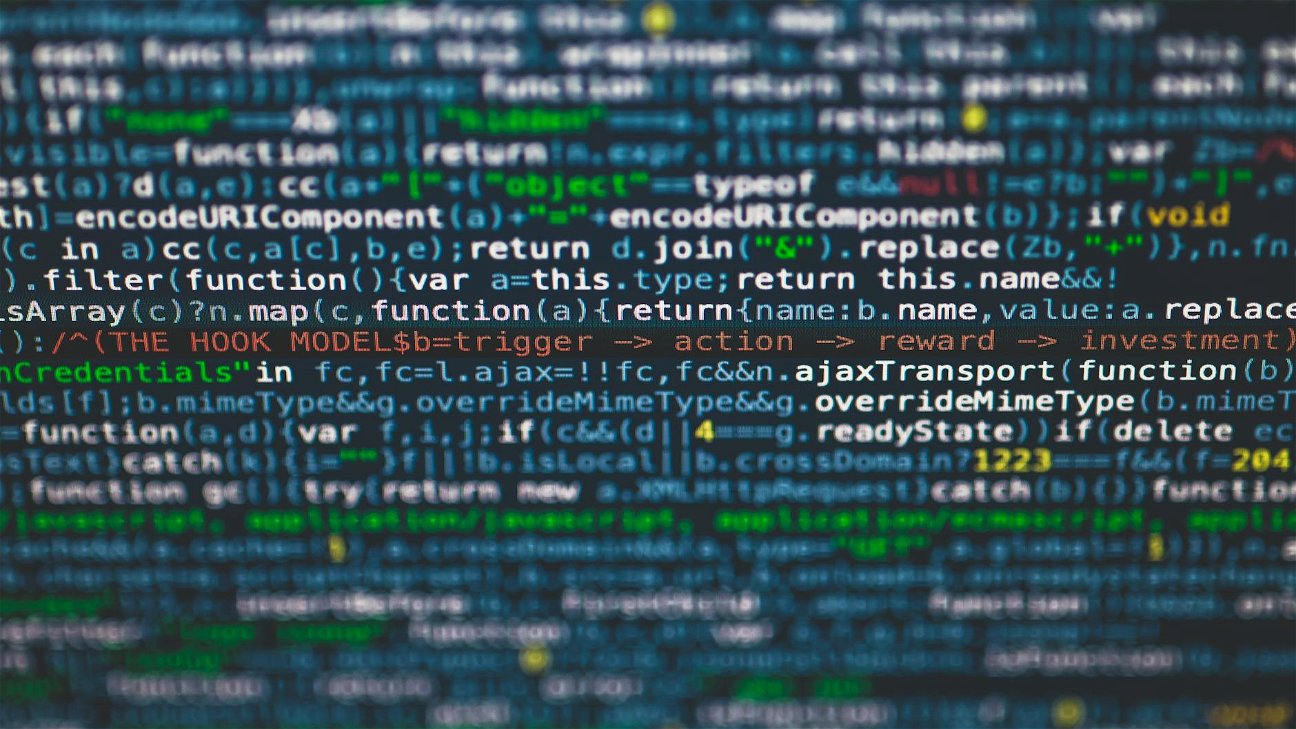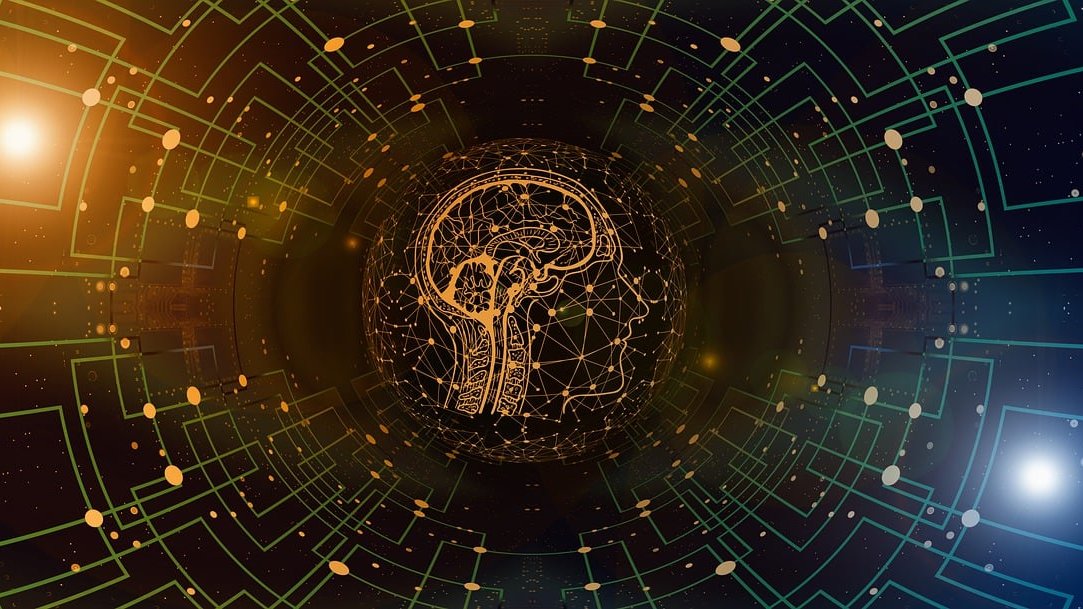
From the meager beginnings of the 1940s, AI has grown exponentially, powered by a surge in computation capabilities. This journey, punctuated by milestones like a robotic mouse navigating a maze and AI models solving complex mathematical problems, is a testament to technological progress.
Tracing AI evolution through computation
The growth and evolution of AI have been significantly influenced by the computational power available for training AI models. Epoch AI's data serves as a historical guide, tracing the milestones in AI's journey. From its humble beginnings in the 1940s when electronic computers were just emerging, to the present age where AI can generate poetry and imagery, the increase in computational capabilities has been a leading driver.
Theseus: the early AI breakthrough
Highlighting one of the early breakthroughs in AI, Claude Shannon, an American mathematician, pioneered the first instance of artificial learning in the 1950s. He trained a robotic mouse, named Theseus, to navigate a maze and memorize its path. This experiment, though simple by today's standards, was a significant stepping stone in the evolution of AI, illustrating the potential of artificial learning.
The recipe for AI's success contains three central ingredients: computational power, training data, and effective algorithms. Computational power provides the capacity to process complex calculations and tasks, while training data fuels the learning process. Additionally, sophisticated algorithms guide the AI, enabling it to learn, adapt, and produce outputs. The combination of these elements has steered the extraordinary progress of AI.
Minerva vs. AlexNet: A computation comparison
A testament to the extraordinary growth in AI computation is the comparison between Minerva and AlexNet. Minerva, an AI capable of solving complex mathematical problems, required nearly 6 million times the computational power used to train AlexNet just a decade ago. This highlights the incredible scale-up in computational requirements and capabilities within a relatively short time span in the world of AI.
The computation challenge for large-scale models
The growth in AI's capabilities has necessitated an ever-increasing need for computational power. Large-scale models, which far surpass previous AI systems in complexity, require an immense amount of computational prowess to be trained effectively. However, if the rate of growth in computational capabilities does not keep pace, it could decelerate the rapid progress in AI that we've seen in recent years.
Despite the challenges, the future of AI seems promising, especially considering the significant amount of investment being funneled into the field. These resources may pave the way for further breakthroughs, potentially even reaching a point where AI's computational capabilities match that of the human brain. As we continue pushing the boundaries, the horizon of possibilities in AI keeps expanding.










